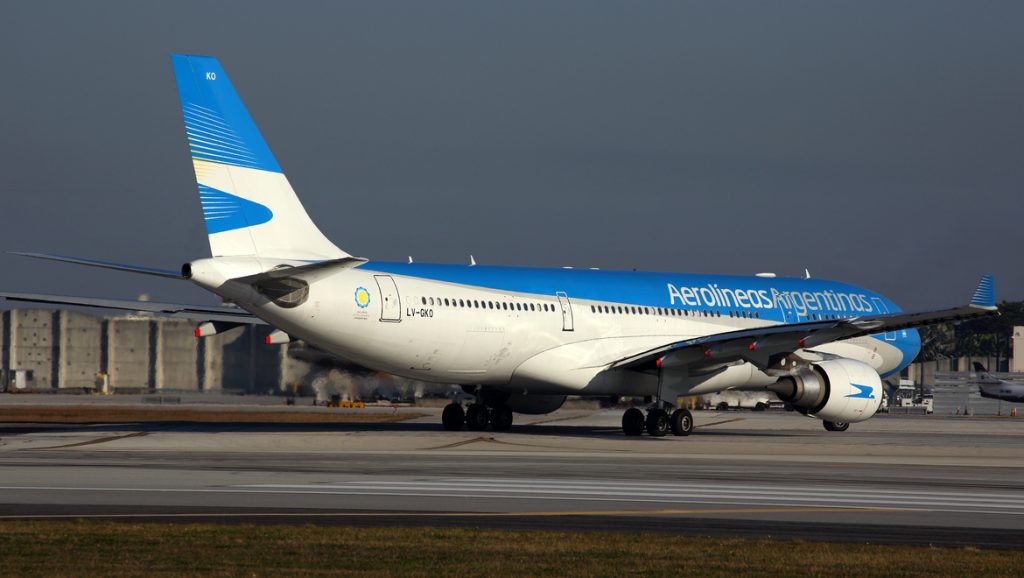
The IATA has released guidelines to national governments of nearly 50 Latin American and Caribbean countries on how best to restart regional air industries.
According to the International Air Transport Association’s Peter Cerda, vice-president for the Americas, the Latin American aviation industry is likely to bounce back “more slowly” than other industries in the region.
“If the grounding continues beyond June, we are going to see many airlines financially unable to restart their operations,” said Cerda.
His comments draw on exceptionally tough air travel restrictions put in place across much of Latin America. Argentina, for example, announced plans in April to restrict all international arrivals to the country through to September.
At the time, the Latin American and Caribbean Transport Association (LACTA) said that the four-month moratorium on inbound flights poses an “imminent and substantial risk” to thousands of jobs in the country
Neighbouring countries, including Peru, Colombia, and Ecuador, have also banned commercial flights, though these restrictions are tied to rolling lockdowns and bans on large gatherings that are renewed on a monthly basis.
In fact, Cerda notes that air travel in the region has only “three markets with limited air travel” – Brazil, Mexico and Chile.
While much of the social distancing guidelines and biosecurity suggestions contained in the guidelines mirror that which the IATA also recommends worldwide, a key part of its work in the region has been its focus on Latin American travel restrictions.
“We are working with the governments to ensure that the restarts are well co-ordinated, and aligned, and that the communications are clear,” said Cerda last month. “This will be fundamental if we are to encourage consumers to come back to flying, which will be a challenge at the beginning.”
Per IATA official policy, the association continues to recommend against the blocking of middle seats, saying that doing so would ““fundamentally shift the economics of flying by slashing load factors”.
“The available evidence that we have suggests that the risk of the virus transmission onboard aircraft is low, even without special measures,” said Cerda.




